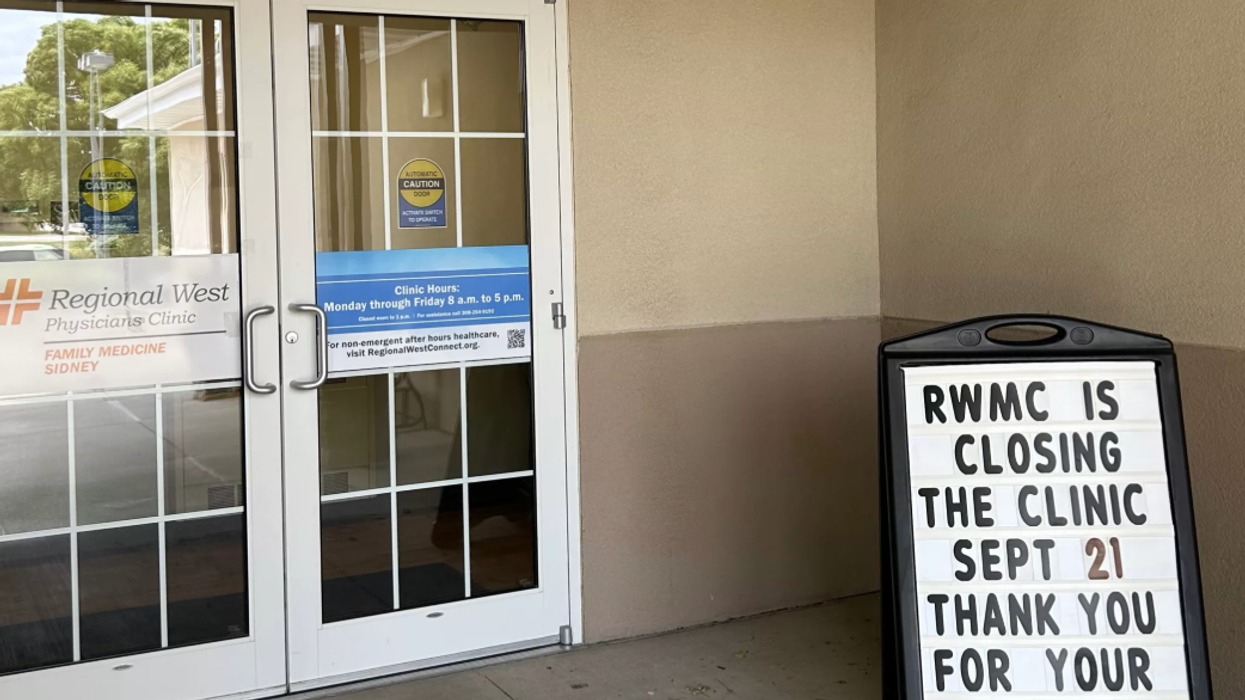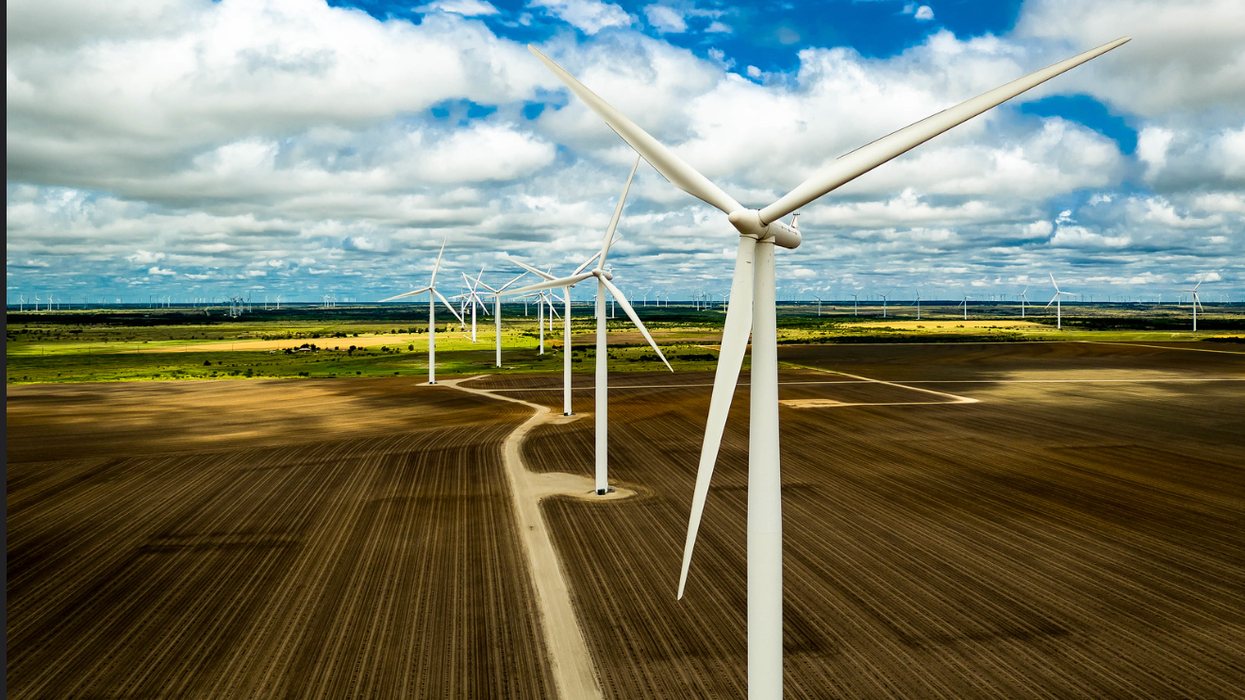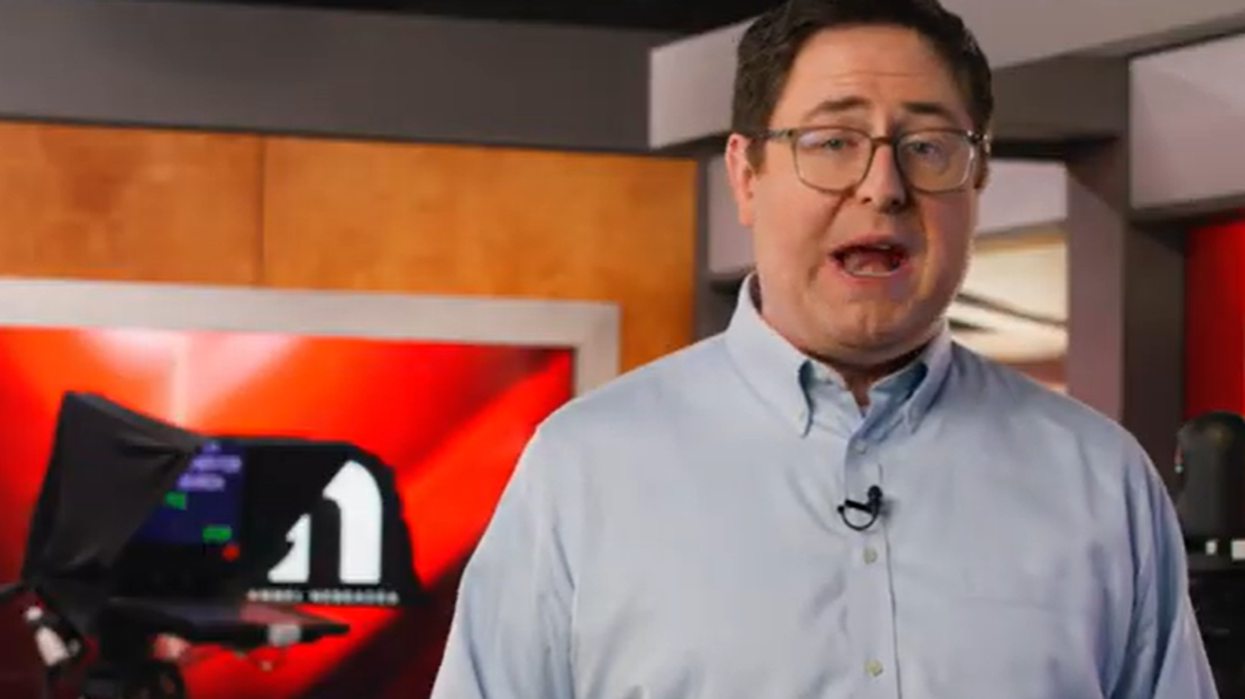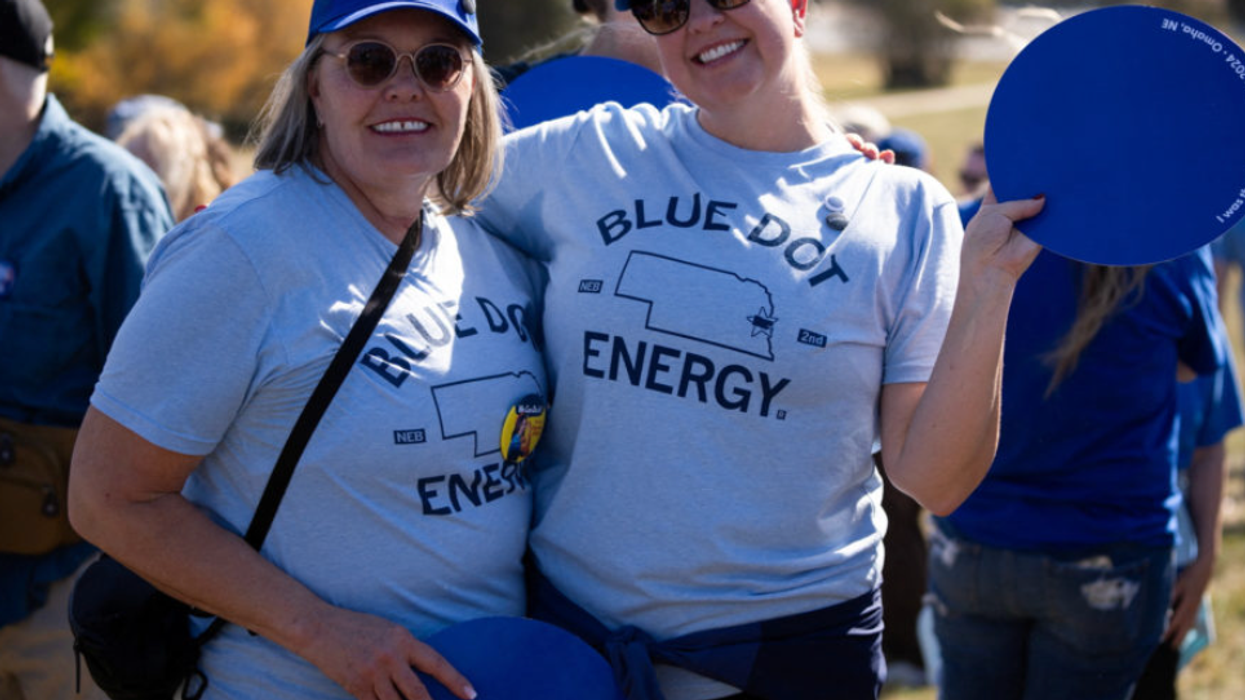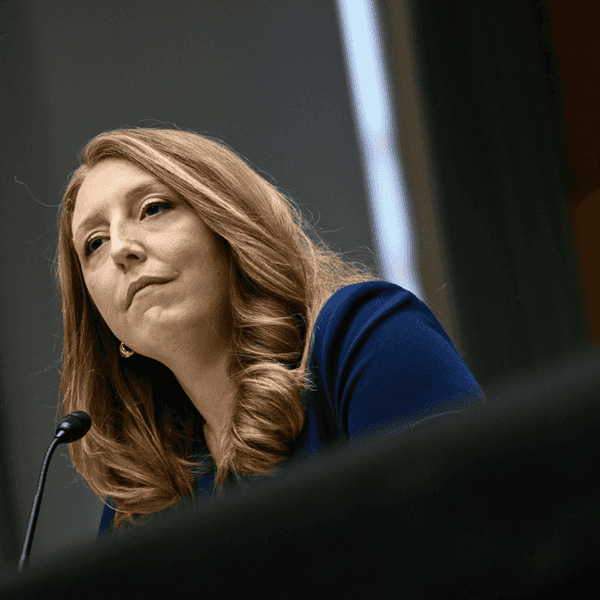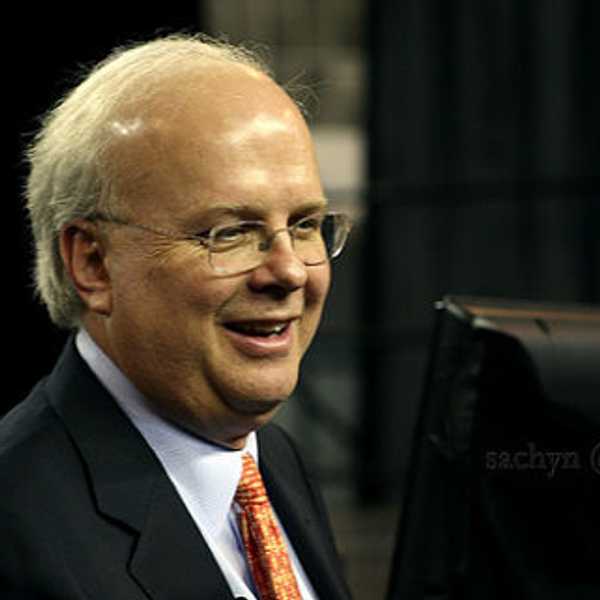Medicaid Cuts Have Already Shuttered A Hospital In Rural Nebraska
President Donald Trump's "One Big Beautiful Bill" isn't even signed yet, but is already having negative consequences for Americans.
A hospital in rural Nebraska announced on Wednesday that it will shut its doors after more than 30 years, explicitly citing the expected cuts to Medicaid that Congress is set to pass in Trump’s bill.
“Unfortunately, the current financial environment, driven by anticipated federal budget cuts to Medicaid, has made it impossible for us to continue operating all of our services, many of which have faced significant financial challenges for years,” Troy Bruntz, the CEO of Community Hospital in McCook, Nebraska, said in a statement to a local news outlet.
Indeed, hospital associations have been warning that the massive cuts to Medicaid in the GOP's bill will decimate rural hospitals, whose patients are often Medicaid recipients. The nonpartisan Congressional Budget Office estimates that about 17 million people will go uninsured in the next decade because of the bill’s cuts to health care spending. The majority of those losing health care currently have Medicaid, which covers over 71 million Americans and more than 41 percent of births in the United States.
For example, the American Hospital Association, a major industry group, said in a statement after the Senate passed the bill, "This legislation will cause 11.8 million Americans to be displaced from their health care coverage as they move from insured to uninsured status. It also will drive up uncompensated care for hospitals and health systems, which will affect their ability to serve all patients. It will force hospitals to make service line reductions and staff reductions, resulting in longer waiting times in emergency departments and for other essential services, and could ultimately lead to facility closures, especially in rural and underserved areas.”
A group of hospitals and health care systems in Louisiana also warned House Speaker Mike Johnson (R-LA), whose district is in the state, that the bill he shepherded through his chamber will devastate hospitals that serve his constituents.
"The impact of provisions in the United States Senate’s version of the One Big Beautiful Bill Act reflects an estimated annual loss of more than $4 billion in total Medicaid funding for Louisiana healthcare providers. This will negatively impact our ability to deliver care and have devastating consequences for our state budget," they said in a letter to Johnson. "These economic consequences pale in comparison to the harm that will be caused to residents across the state, regardless of insurance status, who will no longer be able to get the care that they need."
However, rather than try to fix the bill to stave off the awful consequences, Republicans are instead lying about what it does.
Multiple GOP members have falsely claimed that the Medicaid cuts impact only people who refuse to work.
"Look, if you're able-bodied without dependents and you choose not to work, well, you shouldn't be on a public welfare program. That's the bottom line,” Republican Rep. Andy Harris of Maryland said in an interview with the right-wing propaganda outlet Newsmax, adding, “You should be off the public dole. Yes, you will lose your Medicaid coverage. Get a job and get coverage through a job if necessary.”
But able-bodied people who choose not to work are a minuscule portion of Medicaid recipients. In fact, according to health policy outlet KFF:
Among adults under age 65 with Medicaid who do not receive benefits from the Social Security disability programs, Supplemental Security Income (SSI) and Social Security Disability Insurance (SSDI), and who are not also covered by Medicare (referred to hereafter as “Medicaid adults”), 92% were working full or part-time (64%), or not working due to caregiving responsibilities, illness or disability, or school attendance. The remaining 8% of Medicaid adults reported that they are retired, unable to find work, or were not working for another reason.
Republicans passed Trump’s bill after House Minority Leader Hakeem Jeffries ended a blockbuster speech in which he torched Republicans for hurting the poor to pay for tax cuts that benefit the rich.
“Leadership requires courage, conviction, compassion—and yet what we have seen from this administration and co-conspirators on the Republican side of the aisle is cruelty, chaos and corruption,” Jeffries said in the speech, according to The New York Times.
Jeffries added that the GOP bill is “an extraordinary assault on the health care of the American people.”
Reprinted with permission from Daily Kos.

